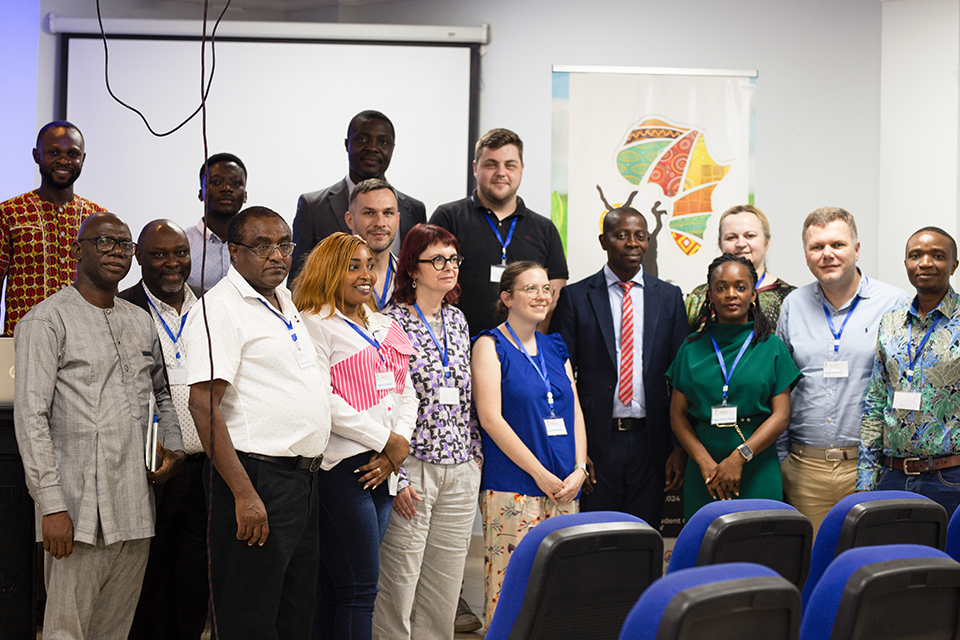UEW Hosts REVIVER Project Stakeholder Conference
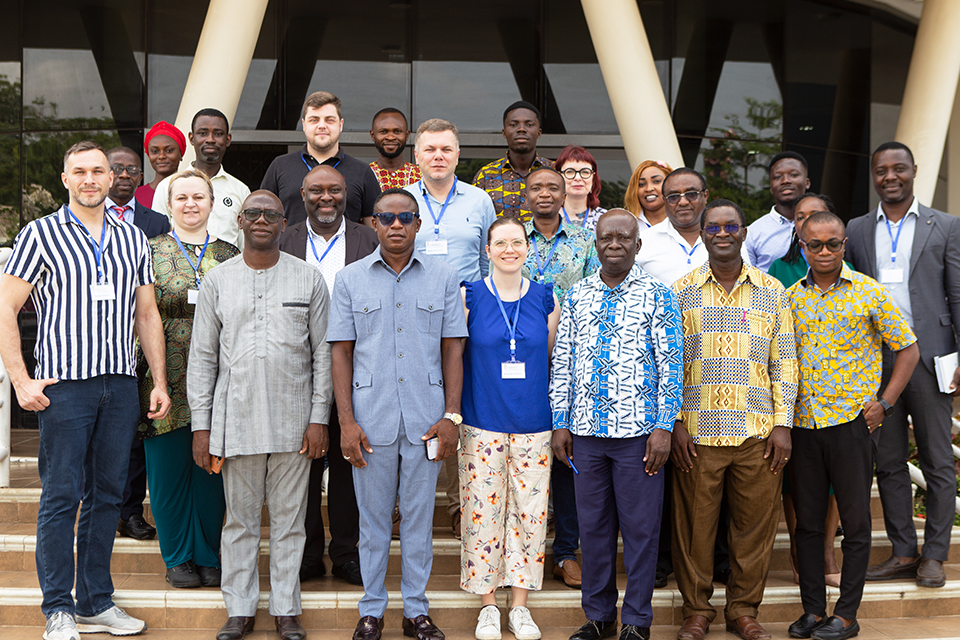
In a bid to revolutionise agricultural practices across sub-Saharan Africa, the University of Education, Winneba (UEW), hosted a three-day stakeholder conference unveiling the ambitious Regenerative Agriculture for Vocational Education in the EU and Africa (REVIVER) project.
The conference held from February 21 to 23, 2024, at the Student Centre Seminar Room III, North Campus, UEW, gathered an array of stakeholders from across the continent to deliberate on the future of regenerative agriculture and eco-sustainability.
The REVIVER project, officially titled "Capacity Building in the Field of Vocational Education and Training (VET)," stands as a beacon of innovation, aiming to equip the next generation of farmers with the skills and knowledge necessary for sustainable agriculture. Through a comprehensive educational programme orchestrated by VET providers, the project seeks to promote regenerative agriculture practices that enhance soil quality, food security, and climate resilience.
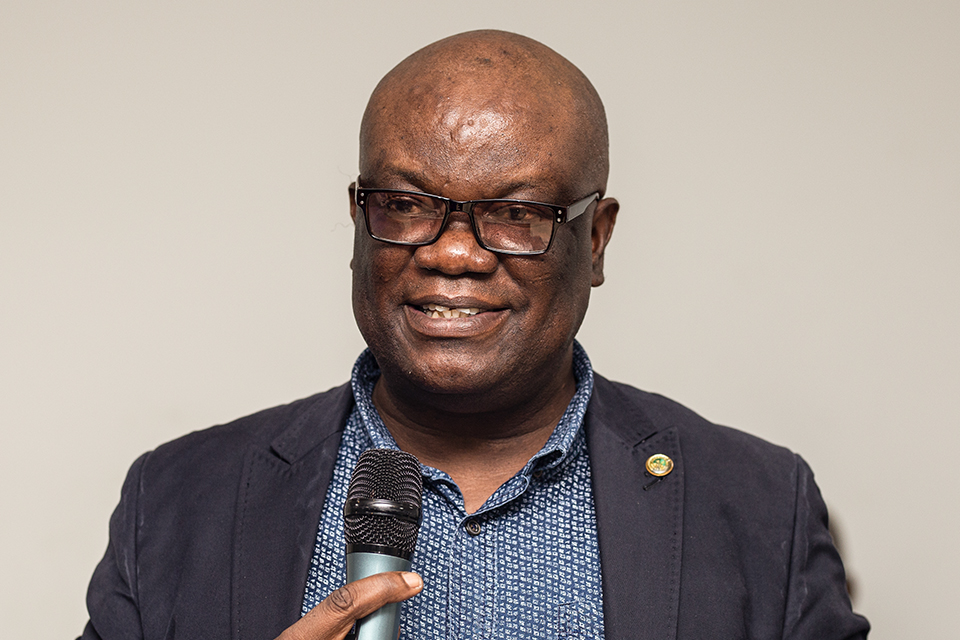
During the conference, participants engaged in vibrant discussions surrounding the development of a tailored curriculum for regenerative agriculture, tailored to the diverse geographic and climatic landscapes of both Europe and sub-Saharan Africa. Emphasising the importance of collaboration and knowledge exchange, Prof. Victor Antwi, Pro-Vice-Chancellor of UEW, highlighted the transformative potential of regenerative agriculture in shaping a sustainable future for the continent.
"We are embarking on a journey towards building a sustainable and regenerative future for agriculture in sub-Saharan Africa," affirmed Prof. Antwi. "In this room, we have a community united by a common purpose to shape a sustainable future for agriculture in sub-Saharan Africa."
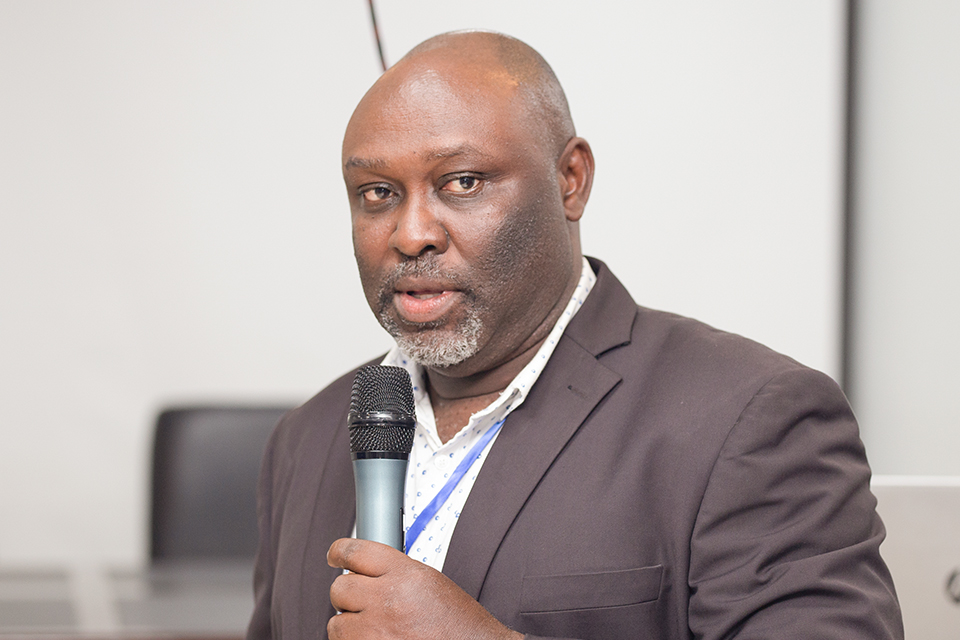
Dr. Charles Koomson, National Project Manager at UEW, elaborated on the project's objectives, emphasising the need to raise awareness among VET providers and young farmers about the benefits of regenerative agriculture. "This curriculum is aimed at promoting regenerative agricultural practices, which will lead to improvements in soil quality, food security, and climate resilience," stated Dr. Koomson.
Josip Brozovic, principal investigator, and CEO of Pannonia Consulting, delivered a comprehensive overview of the project, emphasising its potential to catalyse sustainable agricultural practices across the continent.
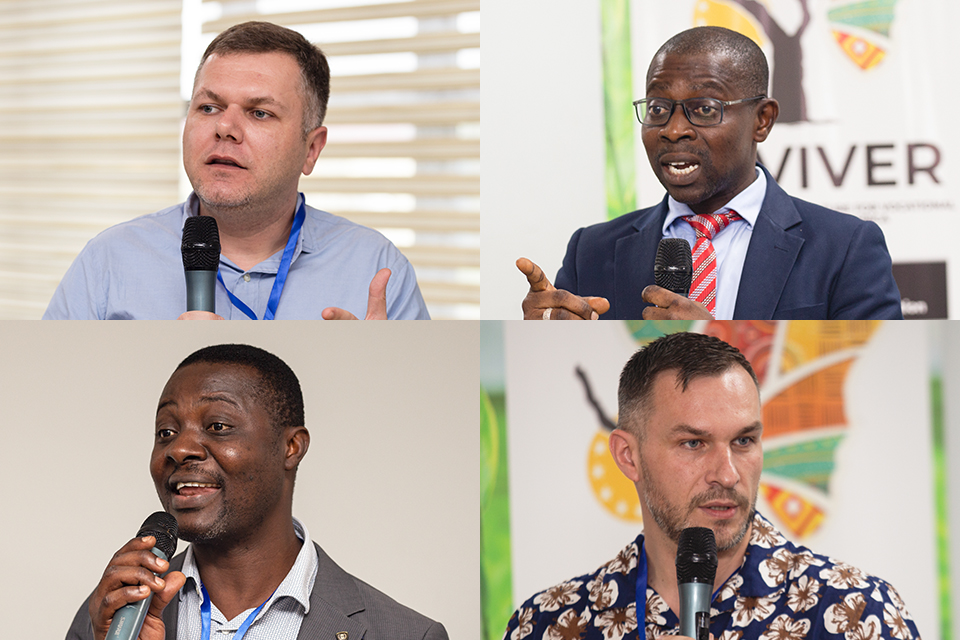
Dr. Kwabena Kyere, lecturer at the Department of Agriculture Education at UEW, provided valuable insights into the pivotal role of VET institutions in driving the adoption of regenerative agriculture practices.
Prof. Victus Samlafo, Dean of the Faculty of Science Education; Prof. Emmanuel Osei Sarpong, Acting Dean of the Faculty of Health, Allied Sciences and Home Economics Education; Dr. Fred Yao Gbagbo, Acting Head of the Department, Health Administration and Education; and Mr. Ebenezer Azasu, Director of Agriculture, Effutu Municipal, gave encouraging messages to the network members and stakeholders on achieving the aim of the project. Dr. Richard O. Agjei, VET and Curriculum Expert/Co-Project Coordinator, was the moderator for the three-day conference.
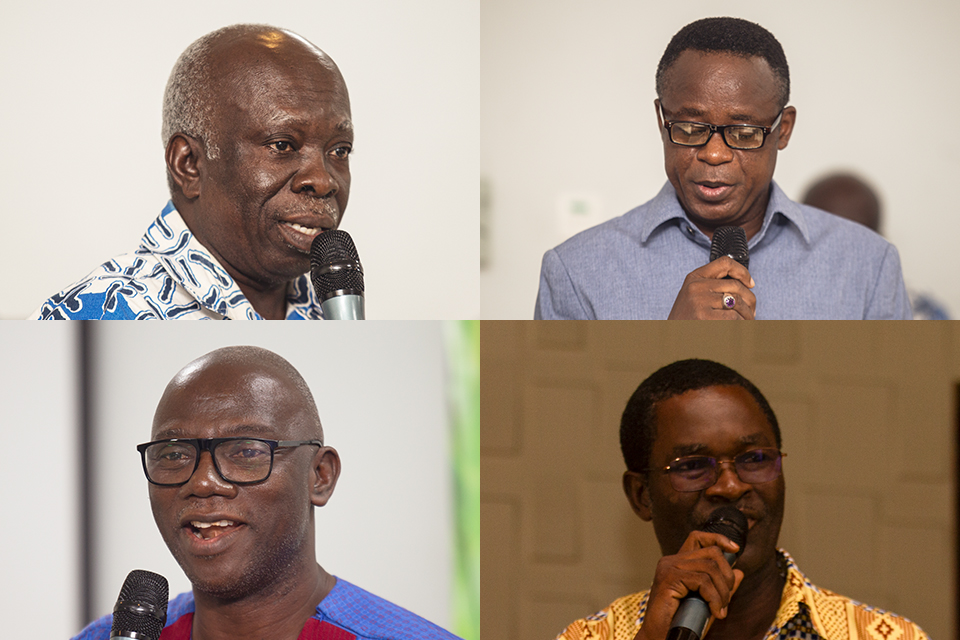
The REVIVER project, facilitated by international partnerships between organisations from Europe and Africa, will pave the way for the development of an innovative vocational curriculum tailored to the specific needs of each region. By leveraging digital learning tools and methods, the project aims to create an online platform that will facilitate the transition from traditional to regenerative agriculture while addressing regional priorities.
With the REVIVER project poised to shape the future of agriculture in Africa, stakeholders remain optimistic about the transformative impact it will have on food security, environmental sustainability, and economic development across the continent. As the conference concluded, the stage was set for a collaborative endeavour that promises to usher in a new era of regenerative agriculture in sub-Saharan Africa and beyond.
